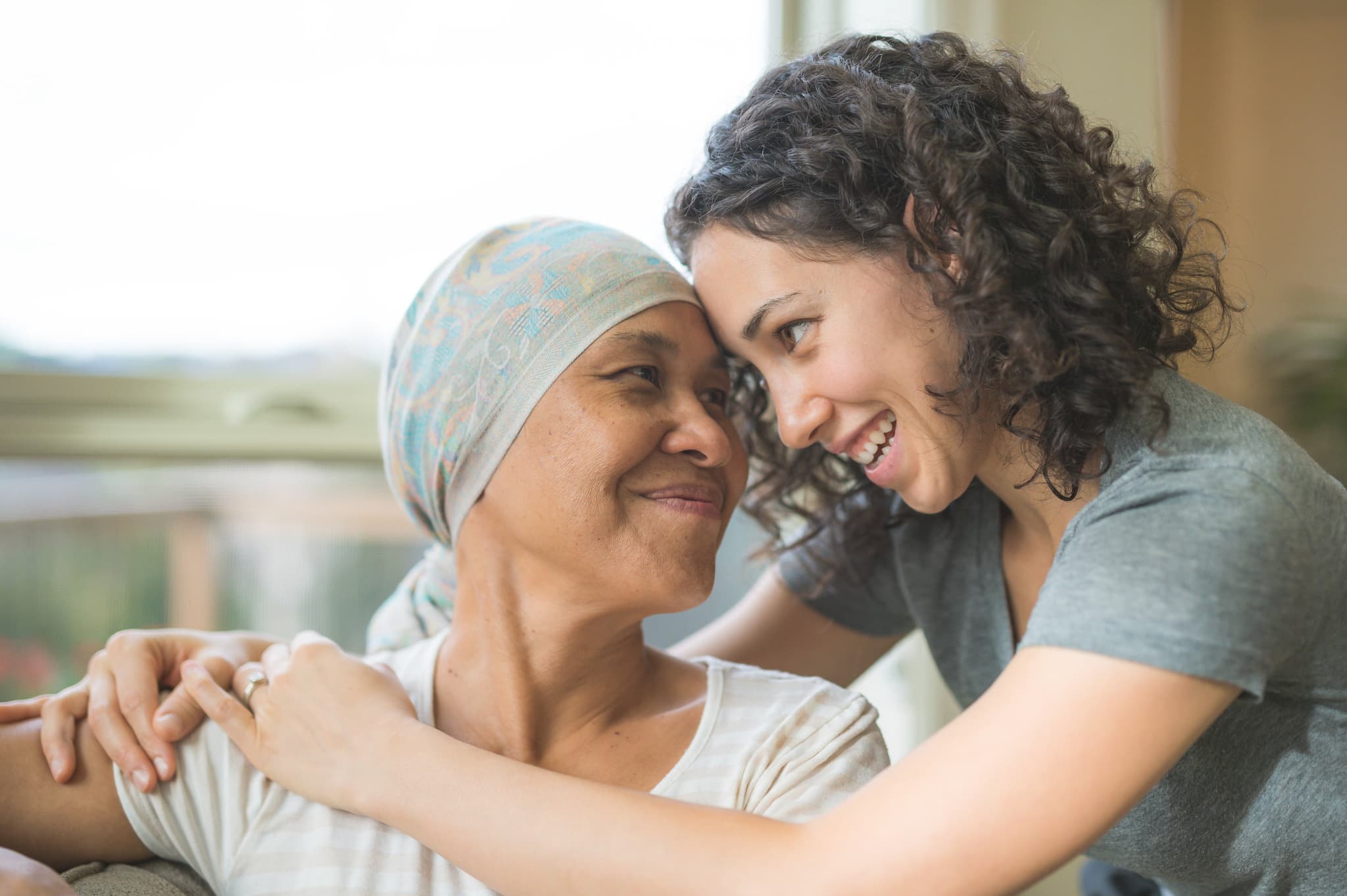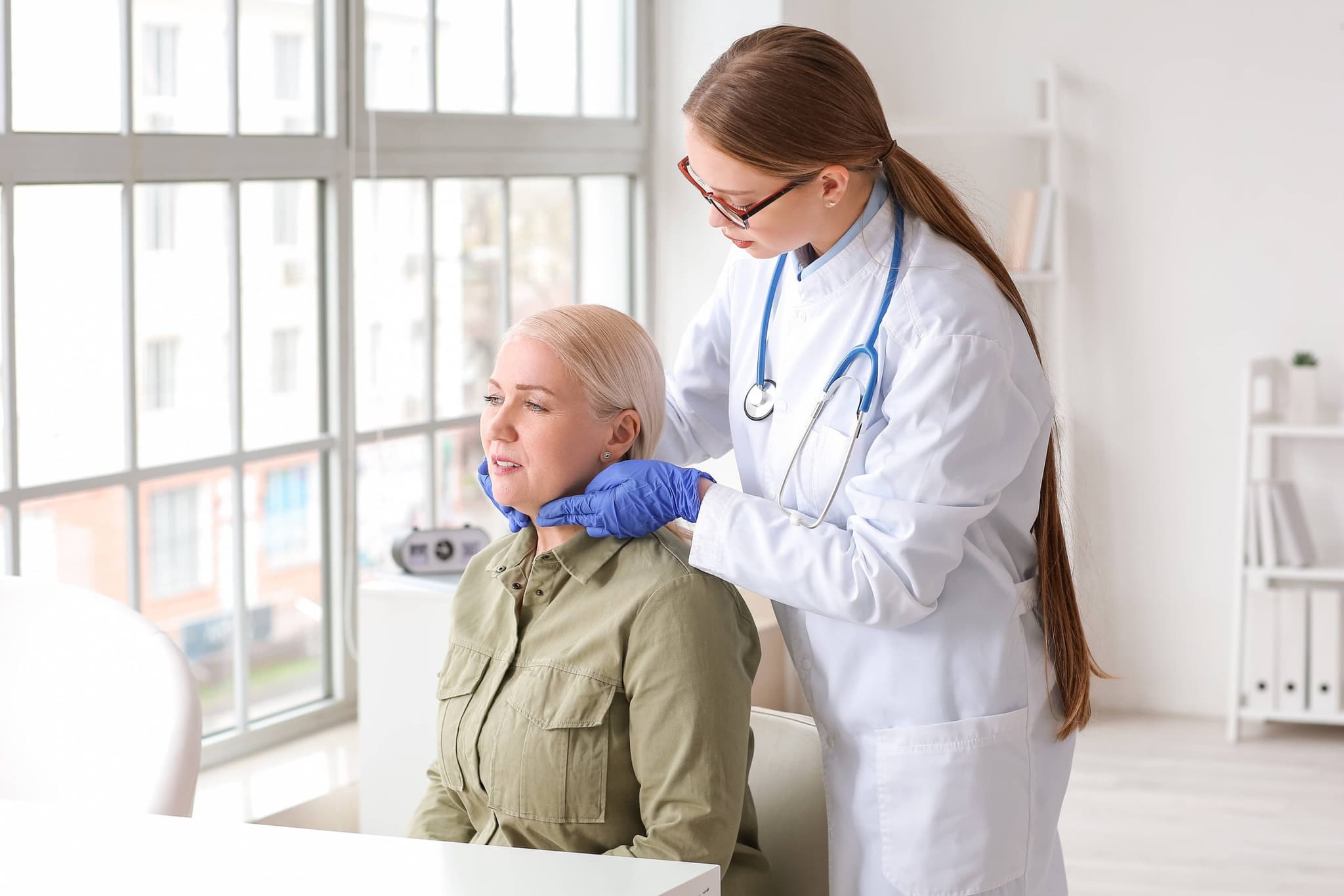
2025-05-07T13:59:05
Defying the Odds: How Revere Health Helped One Utah Woman Afford Live-Saving Cancer Treatment
- Cancer Center
- Medical Oncology
- Patient Testimonials
June 29, 2017 | Cancer Center • Hematology-Oncology • Medical Oncology
Specialties:Hematology-Medical Oncology

Symptoms of cancer vary depending on factors like the location of the cancer, the size and the organ(s) it’s affecting. The treatment methods you undergo will also affect the way you feel.
There are a few relatively common cancer-related side effects, such as fatigue, pain and nausea. No matter which ones you’re dealing with, know that you don’t have to simply sit there and take it—there are steps you can take in coordination with your doctor to help you feel better and manage difficult symptoms. Here are some tips within several common symptom areas.
Cancer fatigue can make many people too tired to do anything, including getting up or basic daily tasks. It can last longer than normal fatigue, and often remain even when you’ve gotten plenty of rest. Some strategies to help with cancer-related fatigue include:
Cancer can press on joints, nerves, bones and organs as it spreads. Cancer treatments like chemotherapy, radiation therapy and surgery can also lead to pain. Pain can range in severity and duration. Some tactics to help ease mild pain include:
For steadier or more severe pain, you may be prescribed one of these medications:
Roughly eight out of every 10 people treated for cancer have nausea and vomiting, often caused by radiation or chemotherapy. This can lead to dehydration and limit the quality of life. To combat nausea and vomiting, drugs called antiemetics are used. These are taken either on a daily schedule or whenever you feel sick.
In addition, try to eat bland foods like dry crackers, toast and rice. Avoid foods that trigger nausea, and cook smaller, lighter meals. If you’re struggling to keep food down, speak to your doctor.
Anemia is a condition with which the blood lacks healthy red blood cells to carry enough oxygen to all the tissues in the body, and it can lead to symptoms like fatigue, shortness of breath, rapid heartbeat, dizziness and pale skin. Options to combat anemia include:
Palliative care isn’t necessarily a cancer treatment so much as a focus on relieving symptoms and improving quality of life. Palliative care can be done together with cancer treatment or separately. Palliative care treatments can be given at a hospital, at home or as part of a hospice program. A doctor suggesting palliative care doesn’t mean that they’ve given up on treatment, but rather that they’re looking for ways to make you more comfortable.
Your doctor can provide more tips on specific strategies to combat your cancer symptoms if needed.
*Note: No two cancer cases are alike. None of the statements herein are designed to suggest a “one size fits all” approach, and each case will be evaluated individually.
“Cancer Symptoms: Tips to Help You Feel Better.” WebMD. http://www.webmd.com/cancer/dx-next-steps-16/ease-cancer-side-effects?page=1
“Managing Cancer-related Side Effects.” American Cancer Society. https://www.cancer.org/treatment/treatments-and-side-effects/physical-side-effects.html
WRITTEN BY:
The Live Better Team

2025-05-07T13:59:05

2024-08-13T14:52:39

2023-04-06T14:20:05

2023-03-27T14:47:45
This information is not intended to replace the advice of a medical professional. You should always consult your doctor before making decisions about your health.